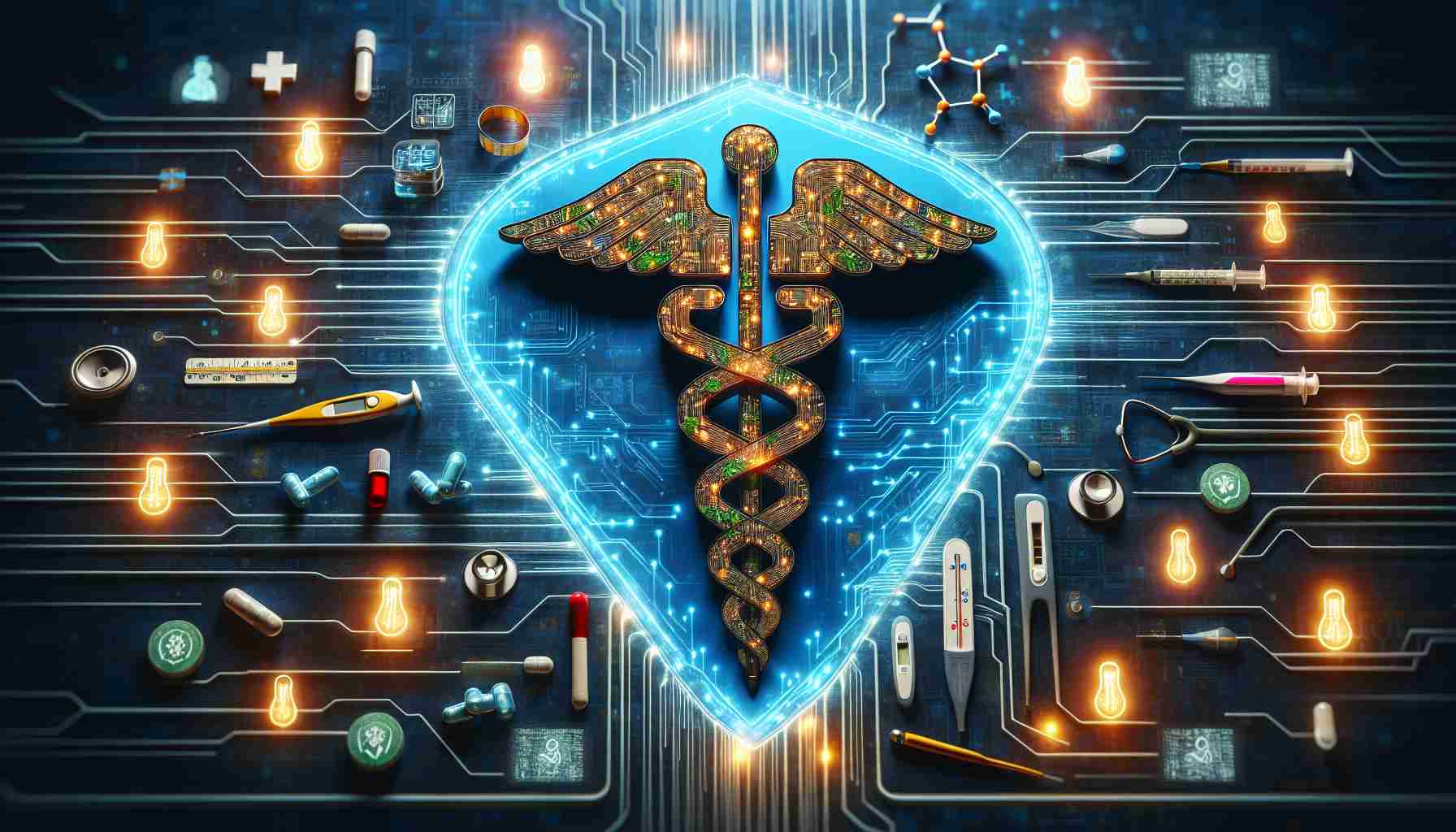The medical field is experiencing a substantial shift with the integration of Artificial Intelligence (AI), propelling healthcare towards a new era of precision and efficiency. AI’s unparalleled ability to sift through vast amounts of data and decipher intricate patterns positions it as an indispensable asset in disease diagnosis and treatment protocols.
The Impact of AI on Medical Diagnoses
AI bears the promise of revolutionizing medical diagnoses by enhancing accuracy and shortening the wait time for results. For instance, AI algorithms have demonstrated the capability to scrutinize radiological images with sometimes greater precision than human specialists, pinpointing early indicators of ailments like cancer. Beyond imaging, AI excels in sifting through extensive genetic data, laying the groundwork for personalized medicine that aligns treatments with an individual’s unique genetic makeup.
Case Studies in AI Application
AI’s efficacy shines in its role in the early detection of skin cancer, like melanoma. Deep learning algorithms have been tailored to match the diagnostic acumen of seasoned dermatologists. Similarly, AI’s proficiency extends to eye health, where it assists in diagnosing diabetes and its related ocular conditions, enabling preventive action to safeguard patients’ vision.
Challenges and Ethical Considerations
Nonetheless, the adoption of AI in clinical settings is not without challenges. Data privacy and security stand at the forefront of concerns, where breaches could be catastrophic. Data bias is another hurdle, potentially leading to incorrect diagnoses. Ensuring algorithms are trained on varied datasets is vital to uphold fairness and accuracy. Moreover, the question of medical liability in AI diagnostic errors remains hotly debated.
The Horizon for AI in Medicine
Looking ahead, AI is expected to become an ever-present support in medicine, with advanced systems potentially aiding in clinical decisions and monitoring patients’ health through wearable technology, providing real-time alerts for any irregularities.
Implications for Healthcare Professionals
To navigate this evolutionary landscape, healthcare professionals must gain a robust understanding of AI’s capabilities and limitations. Medical schools may soon include AI-specific training modules, equipping doctors to collaborate with this burgeoning technology.
In summary, while AI in medicine comes with its share of complexities, its potential to refine diagnosis, treatment, and disease management is profound. Addressing ethical and practical concerns meticulously, AI’s future in medicine not only promises to transform medical practices but also significantly enhance patient outcomes.
Important Questions and Answers:
– What are the key challenges facing the integration of AI into healthcare? The key challenges include ensuring data privacy and security, preventing data bias, maintaining fairness and accuracy in algorithms, dealing with the ethical implications, and determining medical liability for AI errors. Healthcare providers also need to keep abreast of technological changes and integrate AI into their practice effectively.
– How does AI impact the role of healthcare professionals? AI impacts the role of healthcare professionals by acting as a decision-support tool, enabling precision medicine, and potentially taking over some tasks that are currently performed by humans. This necessitates ongoing education and adaptation to new roles, where human oversight remains integral.
– Advantages: AI offers several advantages in healthcare:
– Improved Diagnosis Accuracy: AI has the potential to improve the accuracy of diagnoses and reduce wait times for results, particularly by analyzing medical images and genetic data.
– Personalized Treatment: AI can facilitate personalized medicine, tailoring treatment strategies to an individual’s genetic profile.
– Efficiency: It can streamline various healthcare processes, from administrative tasks to patient monitoring, through the use of advanced algorithms and automation.
Disadvantages: AI also brings potential disadvantages:
– Data Privacy Concerns: The use of AI in healthcare raises significant data privacy and security concerns, with the risk of breaches potentially resulting in catastrophic consequences.
– Data Bias: Algorithms may reflect the biases present in the training data sets, leading to unfair or incorrect diagnoses.
– Lack of Trust: Patients and healthcare professionals may have concerns about the reliability and “black box” nature of AI decisions, leading to issues with trust and adoption.
Controversies: One of the primary controversies in the application of AI in healthcare involves the ethical implications, medical liability, and the degree of decision-making authority that should be granted to AI systems.
Related Links:
For further reading on Artificial Intelligence in Healthcare, you may visit the domains of leading organizations and resources dedicated to this field, such as:
– World Health Organization (WHO)
– National Center for Biotechnology Information (NCBI)
– American Institute for Artificial Intelligence in Healthcare
Please note that these links direct to the main domains of the organizations, which contain a breadth of information on AI in healthcare and other related topics.

